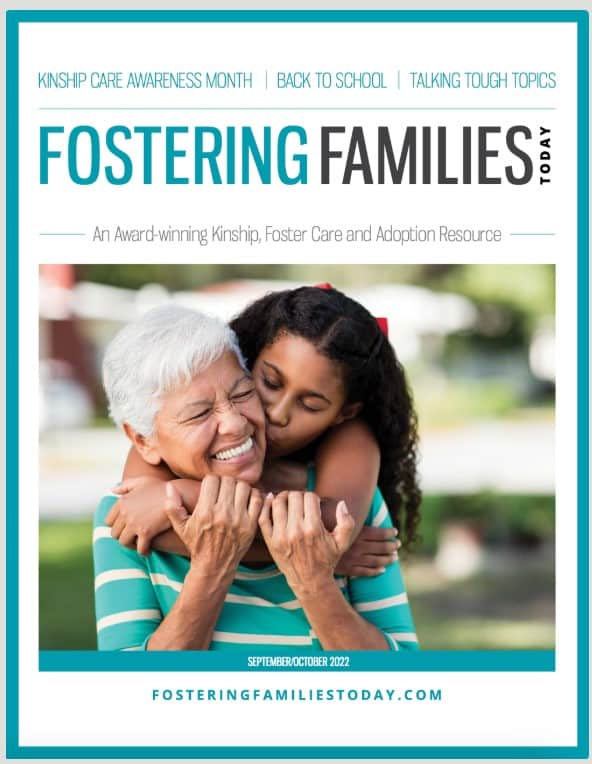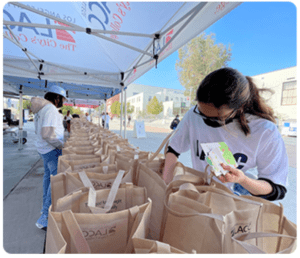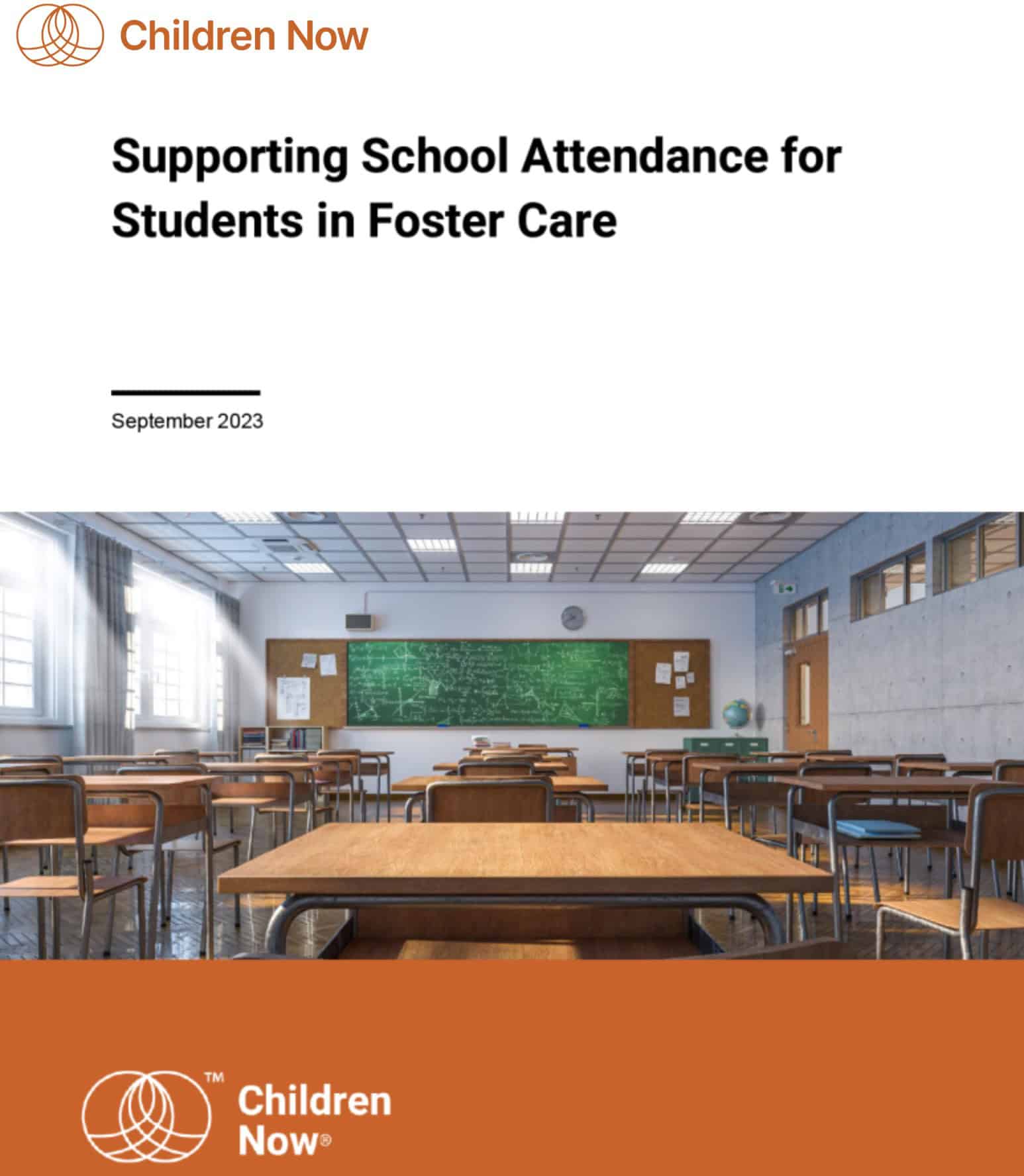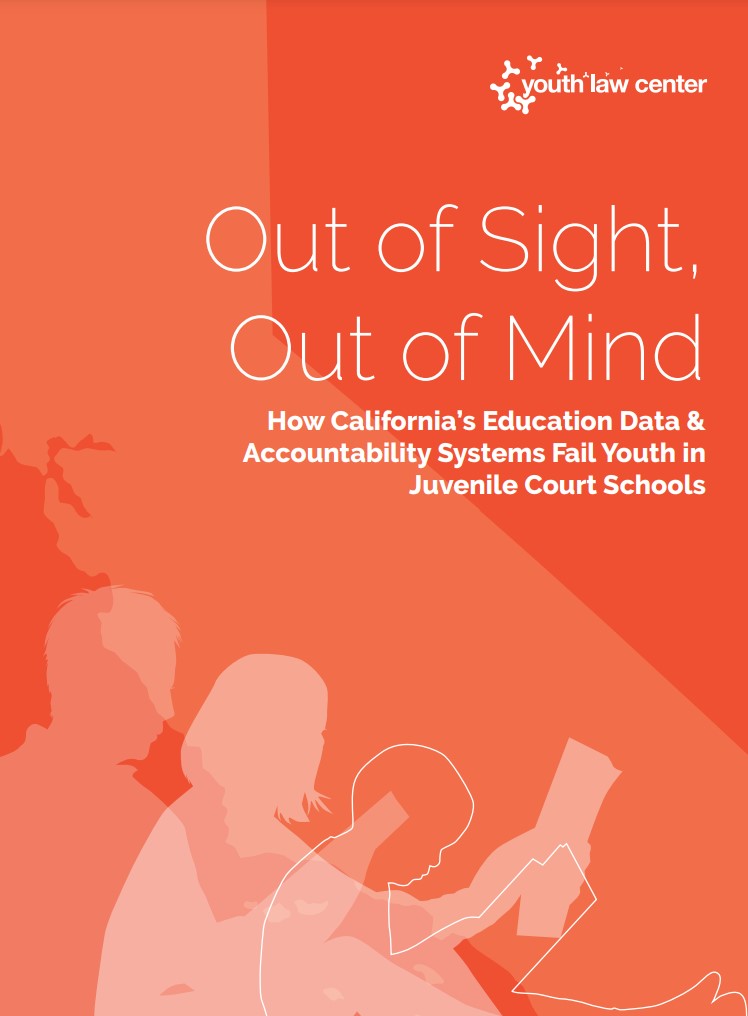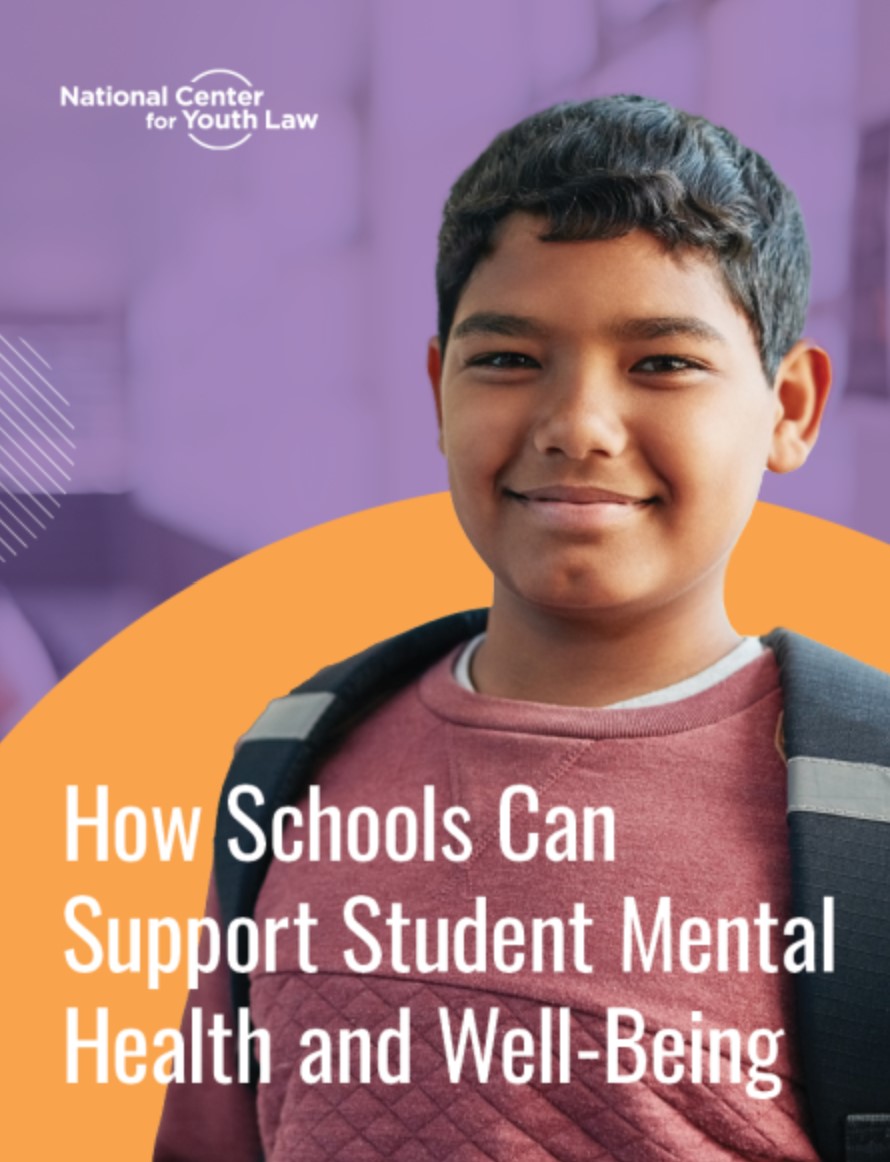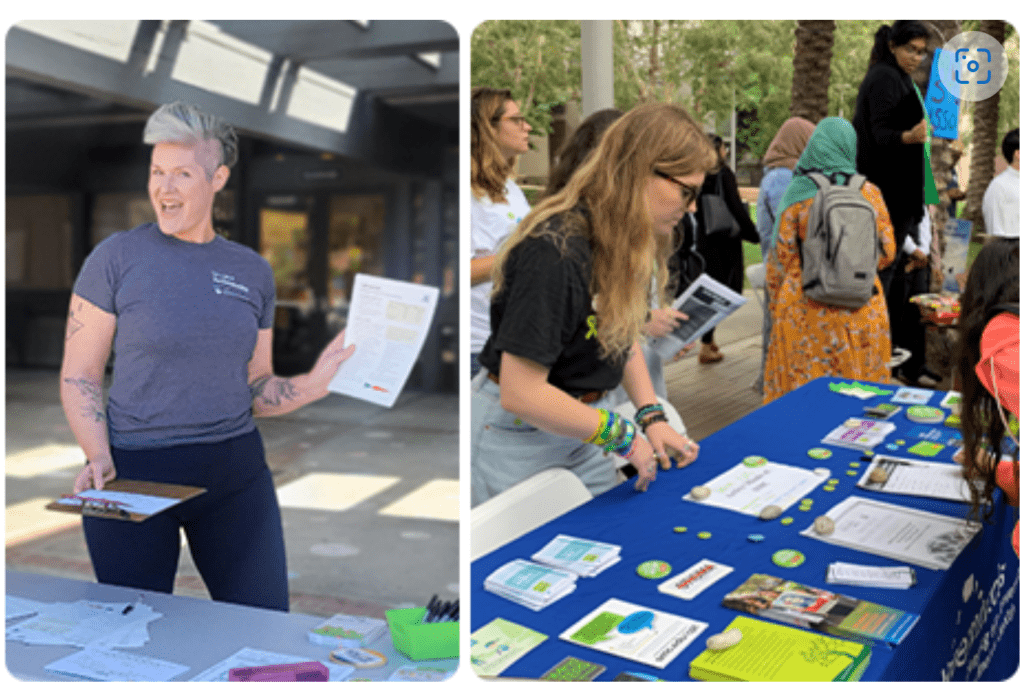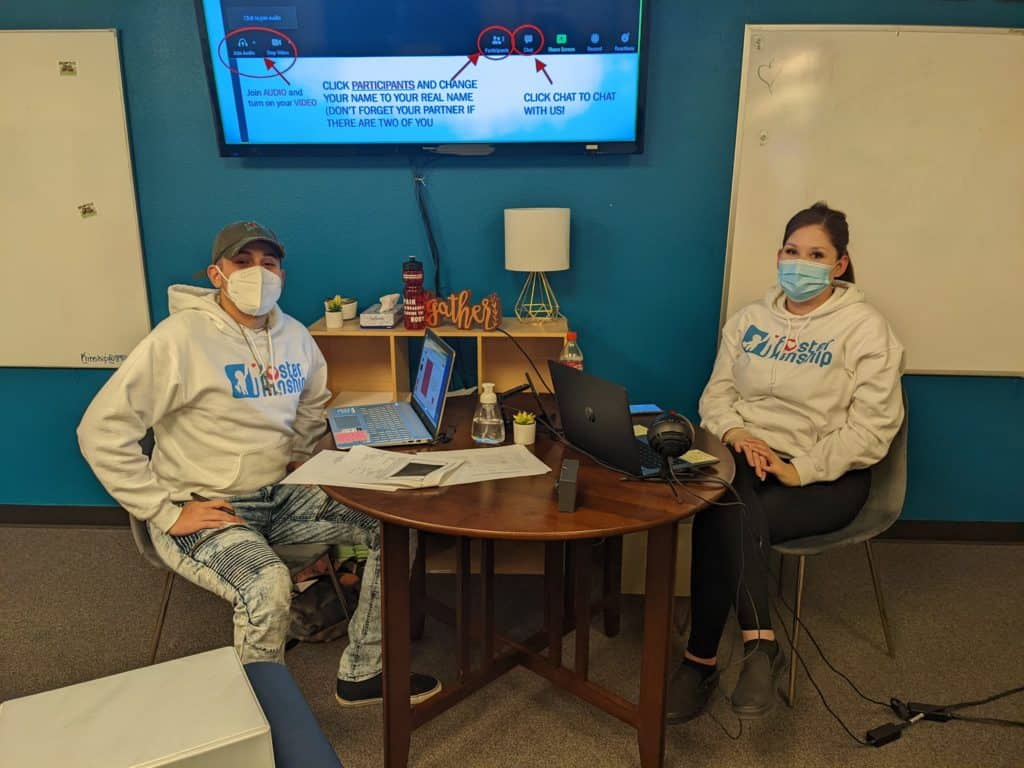Grantee Reporting Requirements
Interim Reports
Multi-year grantees must submit interim reports for every year of the grant life-cycle, and a final report at the end of the grant cycle. Interim reports are due three months prior to the yearly anniversary. Reporting dates will be included in the grant contract. In addition to the narrative report, please submit an update on accomplishments to date on the current year’s accountability plan and a revised accountability plan for the upcoming grant year.
Single-year grantees who are considering applying for renewal funding should contact program staff three to six months prior to the end of the present grant-term. If invited to re-apply, a report on progress toward the present grant year’s goals, objectives, accountability plan, and spending should be submitted with the new proposal application.
Final Reports
All grantees are required to submit final reports, which are due two months after the end of the grant period, unless otherwise specified. For multi-year grants, the final report is a cumulative, comprehensive examination of the entire grant term. Please note that the Foundation typically provides no more than two or three years of consecutive funding. Since all reports have been revised recently, grantees should contact Charles “Chuck” Hoblitzelle, Grants Manager for current forms and instructions. choblitzelle(at)whittiertrust.com.
How do I apply for a Grant?
Step 1) Determine your eligibility
We support organizations whose work qualifies as charitable, according to the IRS definition. This includes organizations with a 501(c) 3 status, public agencies, and projects sponsored by public charities. Only organizations serving the WSJF’s targeted regions of Northern California and Nevada are generally eligible for grants. We do not make grants to individuals, towards arts or film projects, or contribute to capital campaigns or endowments. We do not make grants to international organizations. For county chapters of state organizations, proposal invitations are generally only offered to the state organization.
Step 2) Determine your project’s fit
Review our funding priorities and list of previous grants to determine whether your efforts advance one or more of the Foundation’s goals and objectives. If you determine that your project/program aligns well with our strategy, please proceed to Step 3. Please review our Funding Priorities. If you are unsure as to your programs "fit" with our priorities, you can contact us via email (not phone contact).
Step 3) Contact Us
If you have determined that your project is eligible and it is a fit for the WSJF funding priorities, please contact our Program Director: Yali Lincroft (ylincroft@whittiertrust.com) to see whether your organization is a good candidate for a proposal invitation. Often, a Letter of Inquiry is requested prior to a full proposal submission. WSJF does not accept unsolicited proposals.
Step 4) Submit a proposal (by invitation only)
If you have been invited to submit a proposal, a Walter S. Johnson Foundation representative will send a proposal packet electronically. Please submit your application by the deadline that you have been given. This is typically several months before the board meeting at which your proposal will be considered. When completed, submit the proposal and attachments electronically to our Program Director: Yali Lincroft (ylincroft@whittiertrust.com). Please send the documents in WORD or EXCEL format (not pdf).
Depending on the grant's size, it can take 2-6 months for program staff to conduct the necessary due diligence (which may include a site visit, reference checks, and program/financial assessment) to present funding recommendations to our Board of Trustees. During the review process, staff will keep you informed about your proposal’s status.
Step 5) Proposal review and funding determination
Program staff will notify you if and when your proposal will be presented to the Board of Directors and when to expect a decision. The Board meets four times each year to make funding decisions (February, May, July/August, and November). Proposals are generally due 3 months prior to the board meeting. Please note that the Foundation typically provides no more than two or three years of consecutive funding to its grantees.
Who are our Grantees?
LARGE GRANTS
- New Ways to Work, $400,000 for 2 years (GR25-01Y) - Support for the California Opportunity Youth Network.
- Children's Law Center of California, $150,000 for 2 years (GR25-02Y) - Support for its pre-filing intervention program serving expectant and parenting youth in foster care in Sacramento and Placer counties.
- Fostering Media Connections, $200,000 for 2 years (GR25-03Y) - Support for "The Intersection," a new California Central Valley Journalism Collaborative focused on health equity reporting.
- St. Jude's Ranch for Children, $75,000 (GR25-04R) - Support to increase their programmatic and administrative capacity for the Healing Center for Child Sex Trafficking Center.
- Youth Law Center, $200,000 for 2 years (GR25-05Y) - Support for their implementation of the Quality Parenting Initiative (QPI) in the rural Nevada counties with the Department of Children and Family Services.
- Foundation for California Community Colleges (GR25-13R) - Support for the Los Angeles wildfire fund and the student ambassador program.
- California Alliance of Caregivers, $75,000 (GR25-14R) - Support for advocacy and education of foster, kinship, guardian, and adoptive parents in California.
- Hope Solutions, $200,000 (GR25-15R) - Support for education and employment of formerly homeless and foster youth in Contra Costa County.
- California Local Conservation Corps Foundation, $400,000 for 2 years (GR25-16Y) - Support to build capacity of new statewide organization helping employment opportunities for opportunity youth.
- California CASA Association, $75,000 (GR25-17R) - Support to strengthen the capacity of local CASA given current fiscal constraints.
- Children Now, $100,00 (GR25-18R) - Support for its foster care advocacy in California.
- Child Welfare Indicators Project/University of California, Berkeley, $200,00 for 2 years (GR25-19Y) - Support for their strategic planning and sustainability.
- University of Nevada, Las Vegas, $300,000 for 2 years (GR25-22Y) - Support for their Fostering Scholars Program.
SMALL GRANTS
- FosterAmerica, $25,000 (GR24-68D) - Support for the fiscal leadership circle in Northern California.
- Family Builders by Adoption, $25,000 (GR25-20D) - Child welfare agency permanency capacity building.
- Child Abuse Prevention Center, $5,000 (GR24-65D) - Strategic planning.
- Child and Family Policy Institute of California, $10,000 (GR25-24D) - California Foster Youth Education scholarship support.
- Unity Care Group, $5,000 (GR24-67D) - Placer county mental health program.
- National Youth Employment Coalition, $10,000 (GR25-23D) - Annual conference scholarship support.
- Fostering Media Connections, $40,000 (GR25-06D) - Chronic absenteeism in school project.
- Foster Youth Education Fund, $20,000 (GR25-09D) - Foster youth museum event in Sacramento.
- RennerVation Foundation, $40,000 (GR25-10D) - Foster youth programming in Washoe County, Nevada.
- California CASA, $20,000 (GR25-12D) - Tax assistance for foster youth project.
- American Association of Caregiving Youth, Inc., $10,000 (GR25-07D) - Support for the Caregiving Youth Institute.
- Children's Services Foundation, $40,000 (GR25-08D) - Support for the captive insurance group feasibility study.
